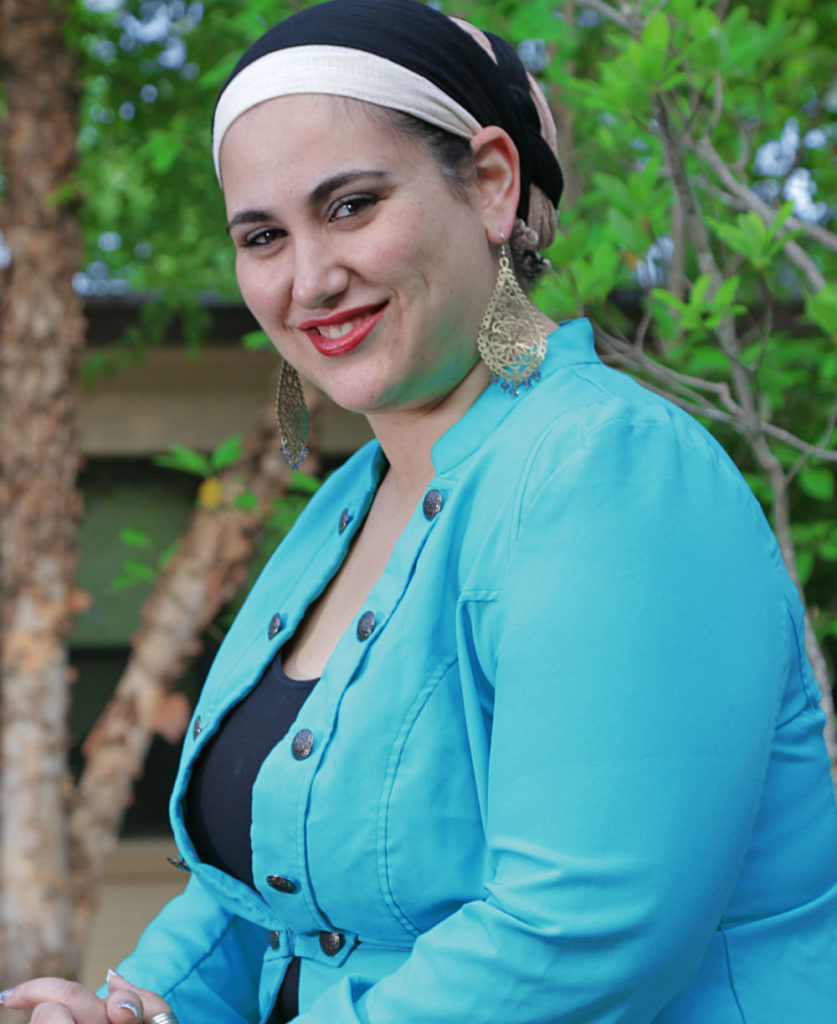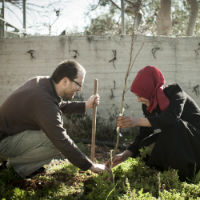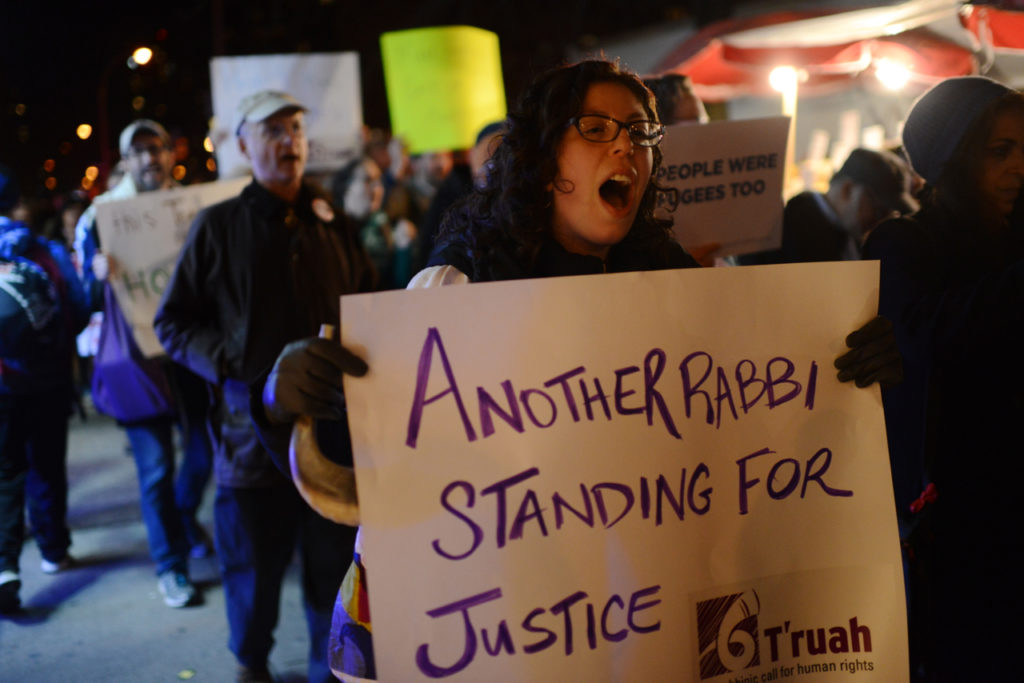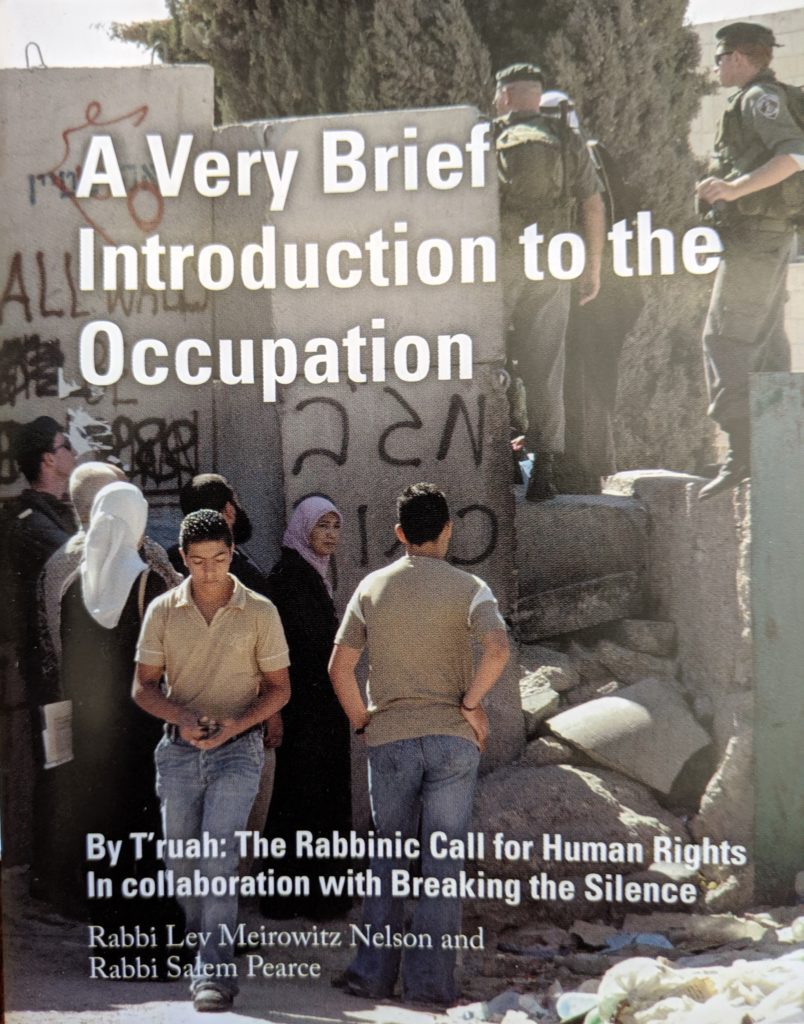
Singing at the Sea, Planting on the Mountain
“Shabbat Shirah” is so-named because its reading contains Shirat Ha-Yam, the Song of the Sea. In biblical Hebrew, the word shirah usually denotes a poem rather than music or strophic song in its commonly-known modern Hebrew sense. Many congregations use this opportunity to create special musical programming, taking the latter translation of “Shabbat of Song.”...
read more








